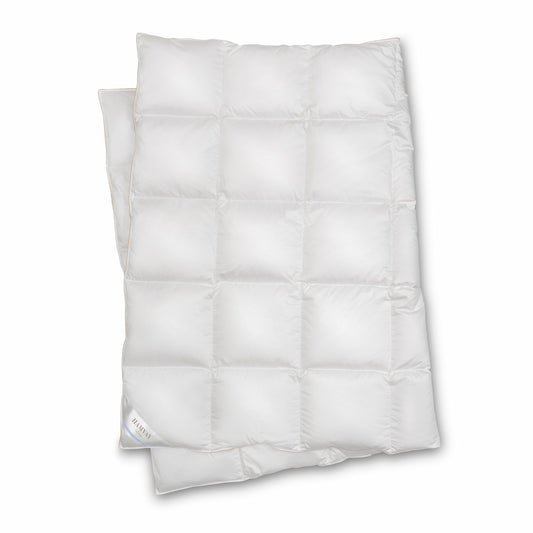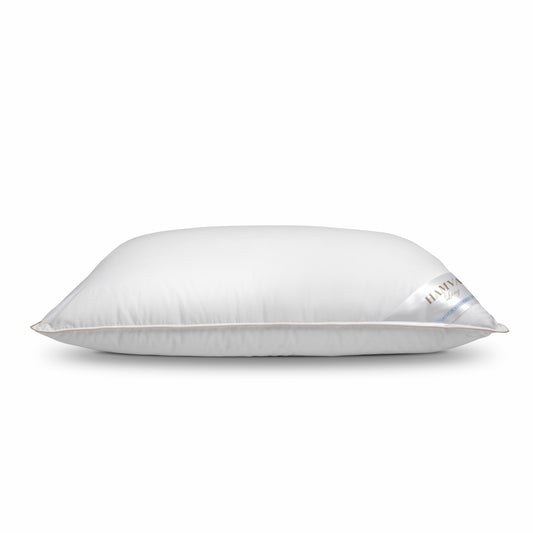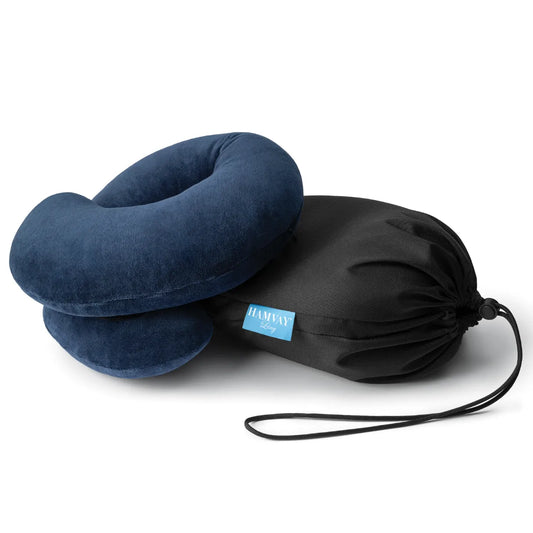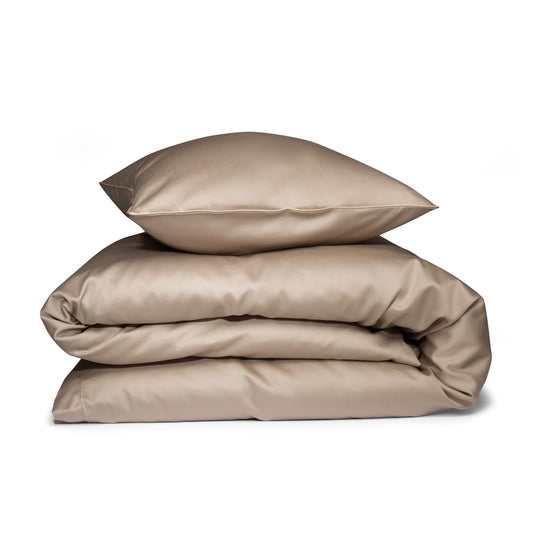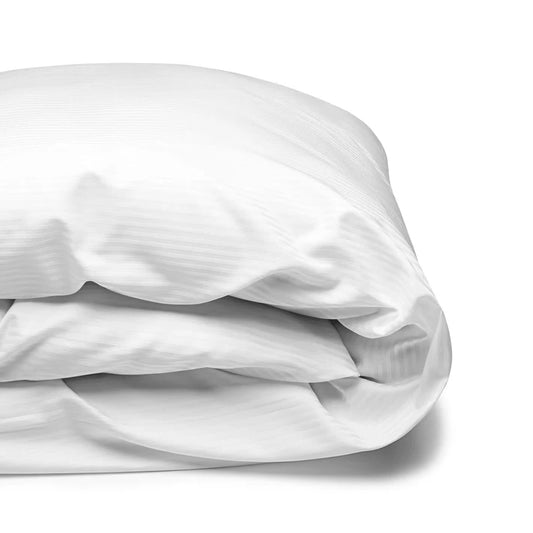
10 Tips for a Healthy Night's Sleep
Share
The average person will spend nearly one-third of their life sleeping. That’s a lot of hours in bed. And any minute you spend in bed uncomfortable is one minute too many.
Getting a restful night’s sleep is important to our physical and mental health. Everything from your mattress to your bedding and your room temperature to lighting can have an effect on how soundly you sleep. There are some actions you can take to improve your sleep and wake up refreshed and ready to take on your day.
1. Establish a Routine
Perhaps one of the most important things you can do to assure a restful night’s sleep is to get into a regular routine. This includes being mindful of going to bed and waking up at the same time each day. While some flexibility is okay, like on the weekends, for example, you should still be going to bed and waking up around the same time each day. Your body’s natural rhythms will soon fall into place with your new routine, giving you a deeper, more restful sleep.
2. Sleep the Right Amount
The recommended amount of sleep is 8 hours a night. Some people may feel fine with less, and others with a little more. Listen to your body and its needs. If you tend to lie in bed and have problems falling asleep at night, try going to bed later instead of lying in bed trying to fall asleep.
3. Cut Out Screen Time
Looking at your phone’s screen, watching TV, or working on your computer right before bed are detrimental to your sleep. The artificial light can have an impact on your body, signaling it to gear up for work instead of winding down for sleep.
4. Relax before Bedtime
Establish a routine before bed that involves relaxation and time to allow your mind to quiet down. A warm bath, hot decaffeinated tea, or meditation can be a few ways to help wind down and help prepare your body to rest.
5. Establish a Comfortable Sleep Environment
Do an inventory of your bedroom and sleep environment to assure it’s conducive to good sleep. Be sure the room is quiet and dark and away from other distractions. Consider blackout curtains, earplugs, or white noise if there are any issues with your environment.
6. Invest in Comfortable Bedding
Assure your bedding, especially your mattress and pillow, are not worn. Your mattress and pillows should be comfortable and supportive. Additionally, your comforter or duvet should keep you warm while not causing overheating. Goose down is an ideal alternative to other types of bedding filling like feathers or synthetic fills. Down is soft and fine, and it holds heat very well.
7. Avoid Stimulants
Stimulants like alcohol, caffeine, and nicotine have stimulants that can affect your sleep patterns and inhibit your ability to fall and stay asleep. Consider cutting out these products earlier in the day, or entirely.
8. Avoid Napping
Napping during the day can disrupt your body’s natural rhythms and can cause problems when it’s time to go to bed. If you do nap, keep your nap short and make sure you are up for four or more hours before bedtime.
9. Exercise Daily
Incorporating exercise into your daily routine is healthy not only for sleep but your general well-being.
10. Seek Help If Needed
Keeping a sleep journal is one good strategy you can use if you struggle with falling asleep and getting a restful night’s sleep. A journal may help you identify patterns, habits, and issues. If you continue to struggle, talk to your doctor or a sleep specialist who can help you identify barriers to and solutions to give you quality sleep.



